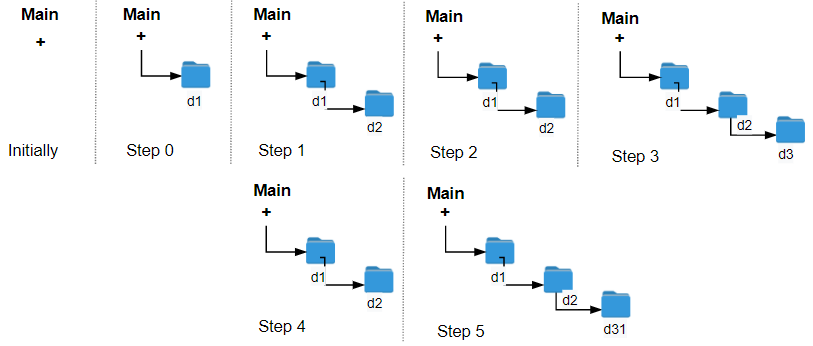You are given an array nums of non-negative integers. nums is considered special if there exists a number x such that there are exactly x numbers in nums that are greater than or equal to x.
Notice that x does not have to be an element in nums.
Return x if the array is special, otherwise, return -1. It can be proven that if nums is special, the value for x is unique.
Example 1:
Input: nums = [3,5] Output: 2 Explanation: There are 2 values (3 and 5) that are greater than or equal to 2.
Example 2:
Input: nums = [0,0] Output: -1 Explanation: No numbers fit the criteria for x. If x = 0, there should be 0 numbers >= x, but there are 2. If x = 1, there should be 1 number >= x, but there are 0. If x = 2, there should be 2 numbers >= x, but there are 0. x cannot be greater since there are only 2 numbers in nums.
Example 3:
Input: nums = [0,4,3,0,4] Output: 3 Explanation: There are 3 values that are greater than or equal to 3.
Example 4:
Input: nums = [3,6,7,7,0] Output: -1
Constraints:
1 <= nums.length <= 1000 <= nums[i] <= 1000
Solution 1: Brute Force
Try all possible x from 0 to n.
Time complexity: O(n^2)
Space complexity: O(1)
C++
|
1 2 3 4 5 6 7 8 9 10 11 |
// Author: Huahua class Solution { public: int specialArray(vector<int>& nums) { for (int x = 0; x <= nums.size(); ++x) if (x == count_if(begin(nums), end(nums), [x](int num) { return num >= x; })) return x; return -1; } }; |
Python3
|
1 2 3 4 5 6 |
# Author: Huahua class Solution: def specialArray(self, nums: List[int]) -> int: for x in range(len(nums) + 1): if x == sum([n >= x for n in nums]): return x return -1 |
Solution 2: Counting Sort
Time complexity: O(n)
Space complexity: O(n)
f[i] := sum(nums >= i)
C++
|
1 2 3 4 5 6 7 8 9 10 11 12 |
// Author: Huahua class Solution { public: int specialArray(vector<int>& nums) { const int n = nums.size(); vector<int> f(n + 2); for (int v : nums) ++f[min(v, n)]; for (int i = n; i >= 0; --i) if ((f[i] += f[i + 1]) == i) return i; return -1; } }; |

